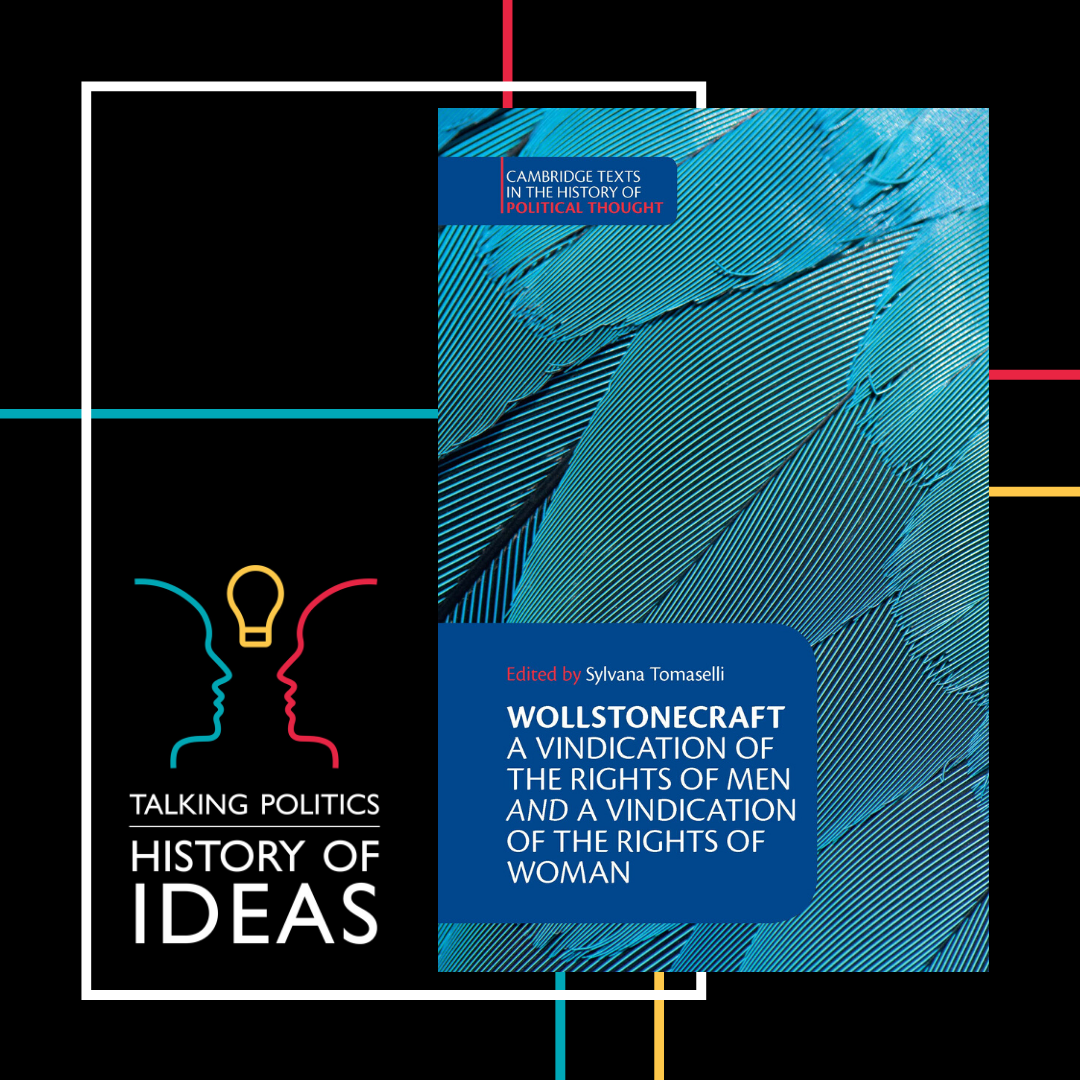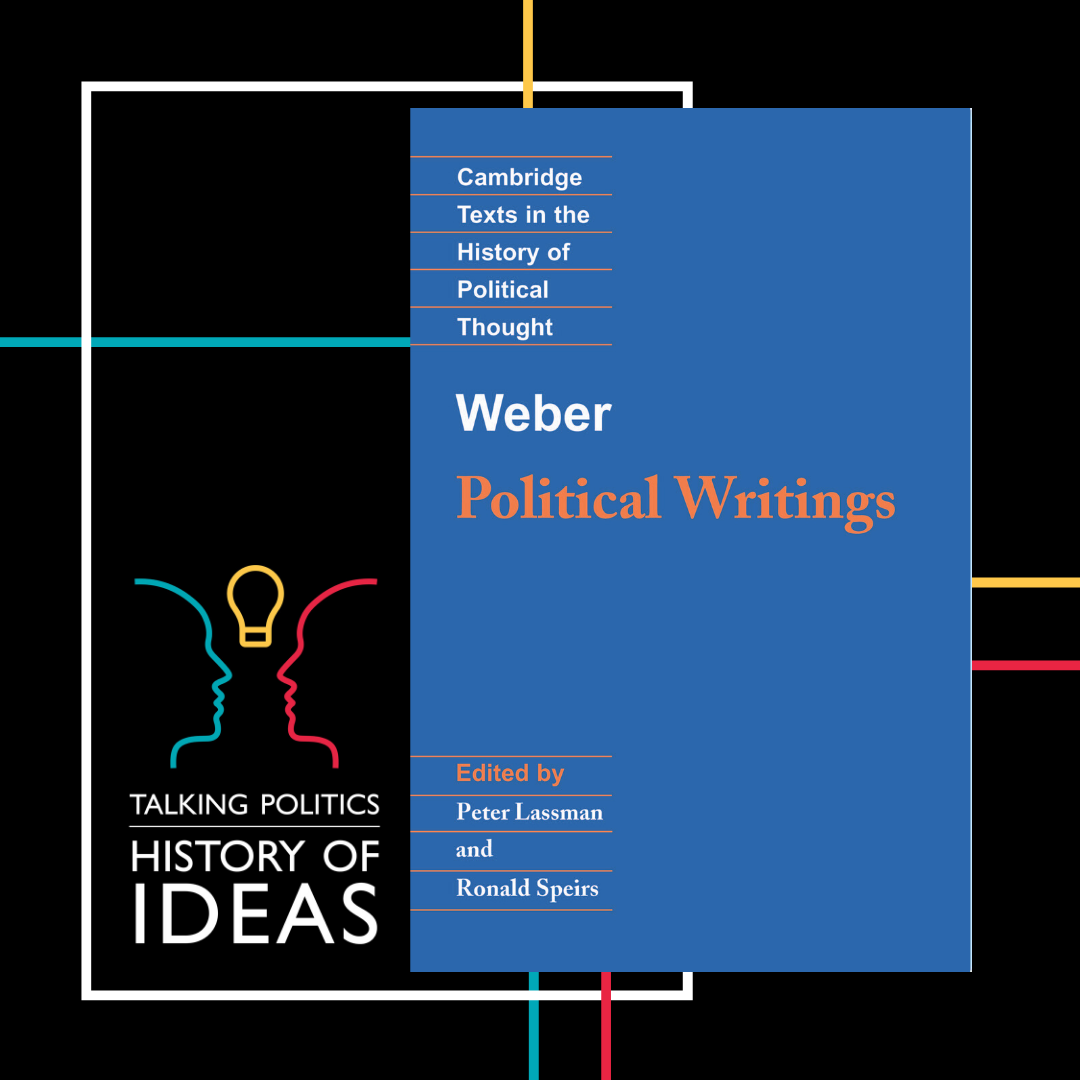Benaouda Abdeddaïm : Le gouvernement brésilien, grand allié de Donald Trump, se déclare prêt à travailler avec Joe Biden - 29/07
Temas de relações internacionais, de política externa e de diplomacia brasileira, com ênfase em políticas econômicas, em viagens, livros e cultura em geral. Um quilombo de resistência intelectual em defesa da racionalidade, da inteligência e das liberdades democráticas.
O que é este blog?
Este blog trata basicamente de ideias, se possível inteligentes, para pessoas inteligentes. Ele também se ocupa de ideias aplicadas à política, em especial à política econômica. Ele constitui uma tentativa de manter um pensamento crítico e independente sobre livros, sobre questões culturais em geral, focando numa discussão bem informada sobre temas de relações internacionais e de política externa do Brasil. Para meus livros e ensaios ver o website: www.pralmeida.org. Para a maior parte de meus textos, ver minha página na plataforma Academia.edu, link: https://itamaraty.academia.edu/PauloRobertodeAlmeida;
Meu Twitter: https://twitter.com/PauloAlmeida53
Facebook: https://www.facebook.com/paulobooks
quarta-feira, 26 de agosto de 2020
Politique etrangère du Brésil - Paulo R. de Almeida
Benaouda Abdeddaïm : Le gouvernement brésilien, grand allié de Donald Trump, se déclare prêt à travailler avec Joe Biden - 29/07
O cronista misterioso quebra todos os recordes de acesso - Academia.edu e Diplomatizzando
Title
|
30 Day Views
|
30 Day Uniques
|
30 Day Downloads
|
257
|
187
|
75
| |
150
|
112
|
49
| |
112
|
79
|
25
| |
79
|
59
|
30
| |
64
|
51
|
37
| |
61
|
48
|
20
|
Entrada
|
Visualizações de página
|
|
20 de ago. de 2020
|
325
|
|
20 de ago. de 2020
|
162
|
|
24 de ago. de 2020
|
122
|
|
22 de ago. de 2020
|
121
|
|
22 de ago. de 2020
|
96
|
Postagens
Entrada
|
Visualizações de página
|
|
20 de ago. de 2020
|
325
|
|
20 de ago. de 2020
|
162
|
|
24 de ago. de 2020
|
122
|
|
22 de ago. de 2020
|
121
|
|
22 de ago. de 2020
|
96
|
|
19 de ago. de 2020
|
79
|
|
21 de ago. de 2020
|
79
|
|
20 de ago. de 2020
|
77
|
|
21 de ago. de 2020
|
76
|
|
20 de ago. de 2020
|
74
|
terça-feira, 25 de agosto de 2020
Seminário de Economia Política e História Econômica - EESP - FGV-SP
SEMINÁRIO DE ECONOMIA POLÍTICA E HISTÓRIA ECONÔMICA
Cronograma 2020.2
30 de julho
History of Ideas - David Runciman
https://www.talkingpoliticspodcast.com/history-of-ideas
Talking Politics | History Of Ideas


Hobbes On Power | Leviathan, 1651
Going deeper…

Wollstonecraft On Sexual Politics | Vindication of the Rights of Woman, 1792
Going deeper…

Constant on Liberty | Liberty of the Ancients vs the Liberty of the Moderns, 1819
Going Deeper…

Tocqueville on Democracy | Democracy in America, 1835-40
Going deeper…

Marx and Engels on Revolution | The Communist Manifesto, 1848
Going deeper…

Gandhi on Self-Rule | Hind Swaraj, 1909
Going deeper…

Weber on Leadership | The Profession and Vocation of Politics, 1919
Going deeper…

Hayek on the Market | The Road to Serfdom, 1944
Going deeper…

Arendt on Action | The Human Condition, 1958
Recommended version to purchase

Fanon on Empire | The Wretched of the Earth, 1961
Frantz Fanon was a psychiatrist who both experienced and analysed the impact of colonial violence. In The Wretched of the Earth he developed an account of politics that sought to channel violent resistance to colonialism as a force for change. It is a deliberately shocking book. David explores what Fanon’s argument says about the possibility of moving beyond the power of the modern state.
Going deeper…

MacKinnon on Patriarchy | Toward a Feminist Theory of the State, 1989
Recommended version to purchase
Going deeper…

Fukuyama on History | The End of History, 1992
